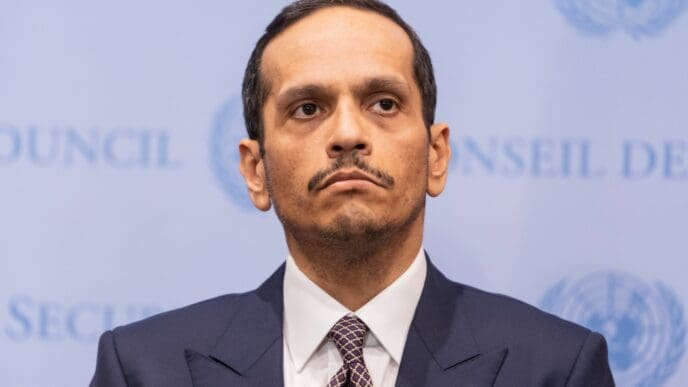Climate campaigners and environmental organizations are urging the European Union to promptly introduce a long-overdue bill aimed at setting a 2040 greenhouse gas emissions reduction target. This call to action follows a recent report confirming record-high temperatures in Europe, the fastest-warming continent. Under the leadership of President Ursula von der Leyen, the European Commission has pledged to adhere to climate action by proposing a 90% net reduction goal for greenhouse gas emissions, as recommended by the EU’s independent climate science advisory board.
However, recent signals from Brussels indicate that the EU executive is contemplating allowing member states to utilize carbon credits from outside the bloc, effectively outsourcing part of their emissions reduction efforts. Critics argue that this approach could undermine domestic climate action and set a negative international precedent.
Environmental groups, including Carbon Market Watch, have expressed skepticism towards offsetting schemes. They argue that such credits may not lead to genuine emissions reductions. An analysis by Carbon Market Watch recently highlighted that the emissions reduction from a project in Myanmar was overstated by a factor of 27. Concerns are growing that relying on international carbon credits could inadvertently increase global emissions.
In Germany, political dynamics are shifting, with the incoming coalition government advocating for the flexibility to use carbon credits. This coalition has committed to eliminating Germany’s carbon footprint by 2045, five years ahead of the EU’s net-zero target. Nevertheless, they emphasize that the EU’s 2040 target should allow for the use of carbon credits to cover a portion of the required emissions reduction.
The conservative European People’s Party, the largest group in the EU parliament, has already expressed support for the inclusion of carbon credits. They argue that the EU must either lower its targets or incorporate significant flexibilities to achieve its climate goals. Some voices within the EU caution against a rigid fixation on the 90% reduction figure, suggesting it may harm EU industry.
The Bottom Line
The ongoing debate within the European Union regarding the 2040 greenhouse gas emissions reduction target has significant implications for both environmental policy and industry. The potential use of carbon credits to meet these targets raises concerns about the authenticity of emissions reductions and the risk of increasing global emissions. For consumers and communities, the outcome of this debate will influence the EU’s approach to climate change and its commitment to genuine environmental progress.
As Europe grapples with record-high temperatures, the urgency for decisive climate action becomes more apparent. The choices made by the EU will not only affect its member states but also set a precedent for international climate policy. It will be crucial for policymakers to balance environmental goals with economic considerations, ensuring that climate action remains both effective and equitable.












